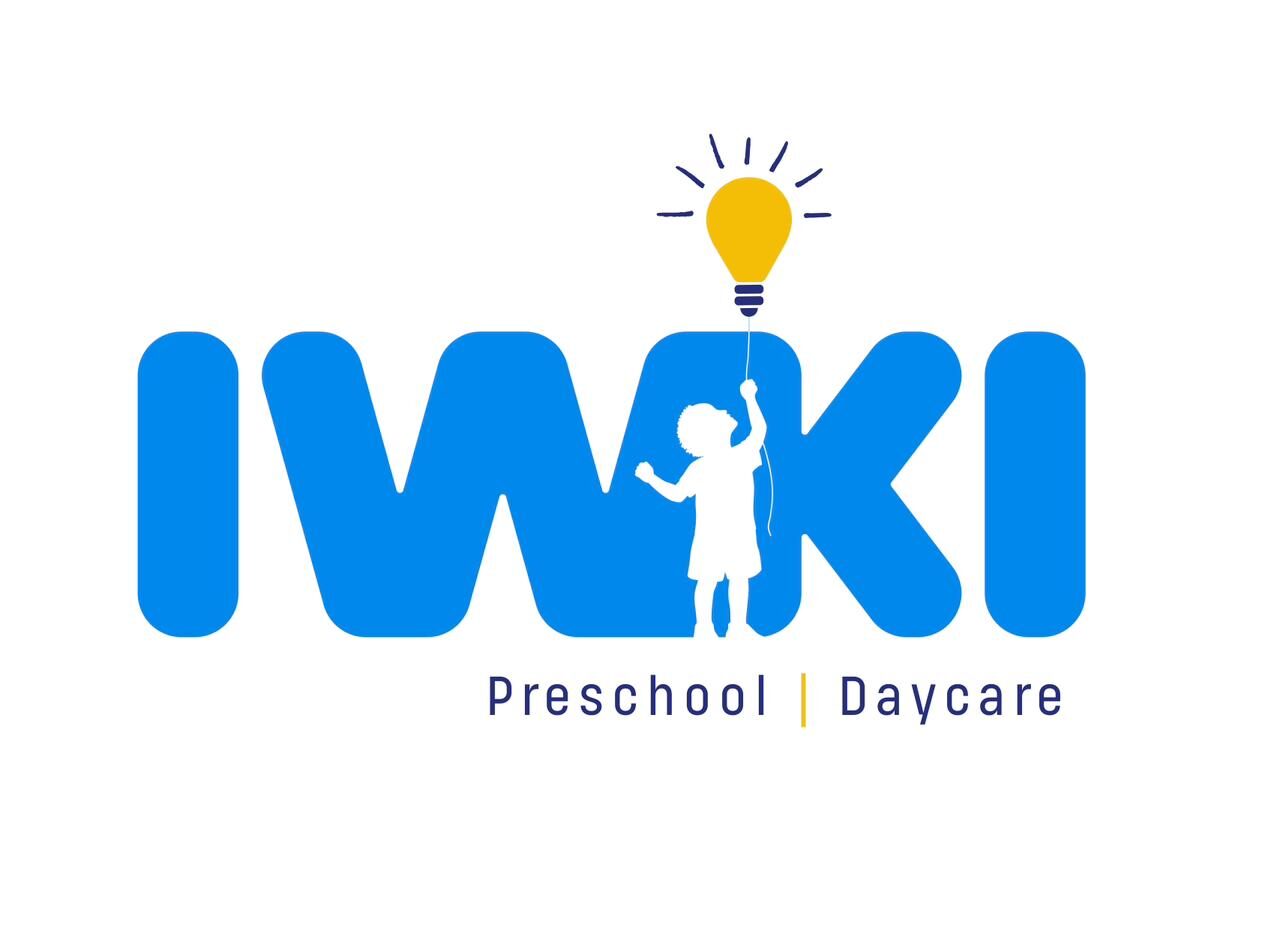Importance of developing learning habits in children
Developing learning habits in children is crucial for their academic success and overall growth. Early Child Development Programs play a significant role in creating a routine for studying and completing tasks, which helps children develop discipline and organization skills. Consistent study habits can improve memory retention and help children better understand and retain information. Encouraging curiosity and a love for learning from a young age can nurture a child’s intellectual development. Additionally, developing good learning habits early on can set a strong foundation for future educational endeavours and instil a lifelong thirst for knowledge.
Establishing a reading routine at home
To help your child develop a reading habit, create a designated reading area in your home that is comfortable and well-lit. Encourage them to read for at least 20-30 minutes every day, and make reading a part of your daily routine. Set specific times for reading, like before bedtime or after dinner, to establish a consistent reading routine. Make sure to provide a variety of books that cater to your child’s interests and reading level. Praise and reward your child for their reading efforts to reinforce this positive habit.
Encouraging curiosity and asking questions
Encouraging children to be curious and ask questions is essential for their learning journey. It helps them explore new ideas and understand the world around them. When children ask questions, it shows they are actively engaging with the material and seeking to deepen their understanding.
Here are some benefits of encouraging curiosity and asking questions:
- Fosters a growth mindset: Encouraging curiosity helps children develop a growth mindset, where they believe they can learn and grow through effort and perseverance.
- Enhances critical thinking skills: Asking questions promotes critical thinking by challenging children to think beyond the surface level and analyze information.
- Improves communication skills: When children ask questions, it improves their communication skills as they learn to articulate their thoughts and ideas effectively.
- Builds confidence: Encouraging curiosity and questions boosts children’s confidence in expressing their thoughts and seeking clarification.
- Deepens learning: Curiosity drives children to explore topics further, leading to a deeper and richer understanding of the subject matter.
By nurturing curiosity and encouraging children to ask questions, we help them become enthusiastic, independent learners who actively participate in their educational journey.
Incorporating hands-on learning activities
Children should engage in hands-on learning activities regularly to enhance their learning experience. These activities help kids actively participate in their education, making learning more enjoyable and effective. Hands-on learning can include exploring nature, conducting experiments, creating art, building models, and participating in group projects. By incorporating such activities, children develop essential skills like critical thinking, problem-solving, creativity, and teamwork.
Creating a dedicated study space for children
Make sure to set up a designated study area for your child. This space should be comfortable, well-lit, and free from distractions. It’s essential for your child to associate this area with learning, allowing them to focus and concentrate better.
Implementing consistent study schedules
To help your child develop good study habits, establishing a regular study schedule is crucial. Here are some benefits of implementing consistent study schedules for your child:
- Consistency: Regular study schedules help create a routine and make studying a natural part of your child’s day.
- Improved Focus: Having set study times can help your child concentrate better on their tasks.
- Time Management: By sticking to a schedule, your child can learn how to manage their time effectively.
- Retention: Regular study sessions improve information retention and enhance learning.
- Reduced Stress: A consistent study routine can reduce last-minute cramming and lower stress levels for your child.
Fostering a growth mindset in children
Children who develop a growth mindset are more likely to embrace challenges, persist through setbacks, and see effort as the path to mastery. By praising their efforts and strategies rather than solely focusing on their intelligence, parents and teachers can help cultivate this mindset in children. Encouraging a belief that abilities can be developed through dedication and hard work, rather than being fixed traits, sets the foundation for lifelong learning and success.
Utilizing technology for educational purposes
Kids are more engaged in learning when technology is involved. Using educational apps, online resources, and interactive tools can make studying fun and interesting for them. Parents can explore educational websites, interactive learning games, and educational videos to supplement their child’s learning at home. Podcasts and educational YouTube channels are also great resources for expanding a child’s knowledge in various subjects. Integrating technology into a child’s learning routine helps them develop essential skills while keeping them entertained.
Providing positive reinforcement and rewards
Children respond well to positive reinforcement, where they are praised or rewarded for their actions. It can be as simple as a sticker for completing a task or verbal praise for good behavior. This kind of encouragement helps children feel proud of their achievements and motivates them to continue learning. Remember, the goal is to reinforce positive behaviors and habits that you want to see more of in your child.
Tips for parents to support and nurture children’s learning habits
Encourage your child by showing interest in their studies; this can help boost their motivation to learn. Create a dedicated study space at home to provide a quiet and comfortable environment for their learning. Establish a routine for studying and homework to help your child develop good study habits. Praise their efforts and achievements to build their confidence and positive attitude towards learning. Stay involved in your child’s education by communicating with teachers and being supportive of their learning journey.


